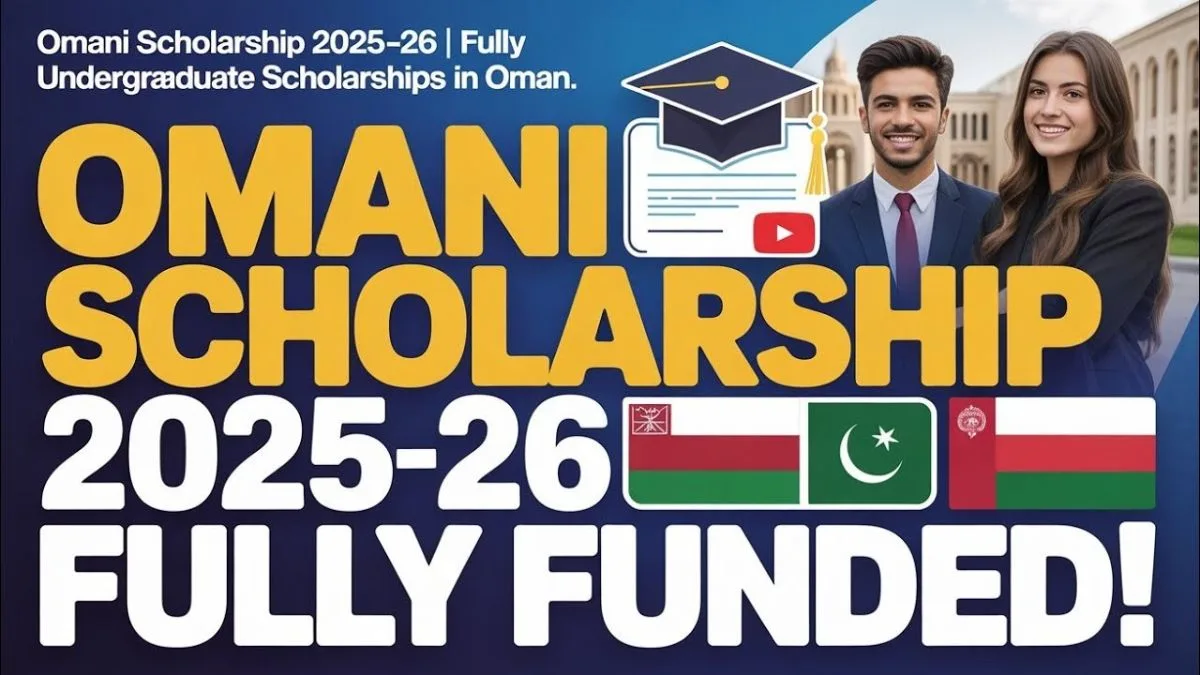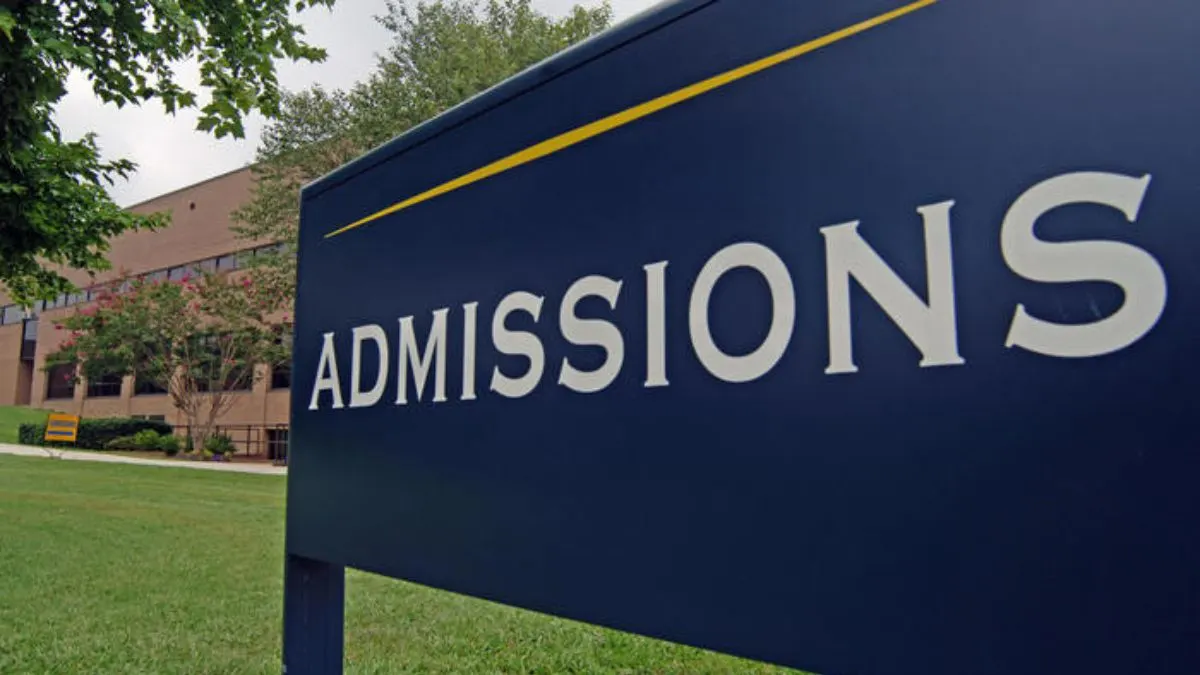A Landmark Shift in Legal Education
In a move that reshapes the landscape of legal education in Pakistan, the Higher Education Commission (HEC) has officially advanced the implementation date of the revised LLB 4-year degree program to Fall 2025. This marks a significant departure from the earlier roadmap that targeted 2026 as the rollout year. According to the HEC’s official notification dated July 10, 2025, all universities and affiliated law colleges across the country are now required to align their law programs with the newly approved semester-based 4-year LLB curriculum, effective this fall.
This accelerated implementation is not just a scheduling adjustment. It’s a strategic academic reform aimed at upgrading legal education to meet international standards, enhancing graduate competencies, and restoring public confidence in the legal profession.
What the Notification Says
The July 10 HEC directive, signed by Dr. Amjad Hussain, outlines the curriculum revision in detail. Key elements include:
- The new LLB curriculum aligns with HEC’s Undergraduate Education Policy 2023 and Graduate Education Policy 2023.
- It incorporates international best practices and is endorsed by both the Pakistan Bar Council (PBC) and the Directorate of Legal Education (DLE).
- The course now includes advanced electives, improved learning outcomes, and strict minimum standards for course design.
- Universities must submit finalized course outlines electronically and ensure adherence to new Program Learning Outcomes (PLOs) and Course Learning Outcomes (CLOs).
The most critical aspect? The revised degree is mandatory for all public and private law colleges starting from Fall 2025—no exceptions.
Why This Reform Was Urgent
Pakistan’s legal education has long been under scrutiny for producing law graduates with limited critical thinking skills, weak legal writing, and minimal courtroom readiness. The 5-year LLB program, though introduced to curb the diploma mill culture, struggled with uneven curriculum standards and outdated content.
This 4-year streamlined version is HEC’s response to:
- Bringing parity with global LLB models (such as the UK’s 3–4-year programs)
- Addressing inconsistencies across university-affiliated colleges
- Preparing graduates for bar exams, practice, and policymaking
- Reducing academic fatigue for high-performing students who don’t require an extended timeline
The semester-based format with updated content ensures that law students are not only academically sound but also professionally competitive.
Semester-Based Model: A Game-Changer
The 4-year LLB program follows a semester system, which allows better modularization, continuous evaluation, and academic flexibility. Compared to the annual system, this model offers:
- Greater alignment with global academic calendars
- Continuous assessment and grading transparency
- Quicker feedback loops for students and instructors
- Opportunity for cross-disciplinary courses or internships
For law colleges, it means overhauling their assessment methodologies and faculty training protocols. For students, it offers a more engaging, less stressful academic experience.
What’s New in the Curriculum?
HEC has not merely shortened the degree—it has rebuilt it. Here’s what distinguishes the new curriculum:
1. Advanced Electives (06 Credits)
Universities now have the option to offer electives in areas like
- Cyber Law
- Environmental Law
- Intellectual Property Law
- Human Rights Law
This allows students to specialize early, something missing in the traditional curriculum.
2. Learning Outcomes Framework
Each course must now be mapped to Program Learning Outcomes (PLOs) and Course Learning Outcomes (CLOs)—benchmarks that reflect:
- Analytical thinking
- Legal writing
- Courtroom ethics
- Legislative interpretation
This ensures national coherence in what students learn, regardless of the university.
3. Updated Pedagogy
Law departments must adopt:
- Case method teaching
- Problem-based learning
- Use of legal databases
- Mock trials and advocacy training
This aligns with how law is practiced—preparing students for real-world careers.

Impact on Universities and Colleges
Every law college affiliated with a university will need to:
- Adopt a semester format by Fall 2025
- Update all course outlines and submit them to HEC electronically
- Train faculty in outcome-based education
- Invest in libraries, e-resources, and moot court facilities
Institutions failing to comply risk de-affiliation, student backlash, or future enrollment bans. This reform separates serious academic institutions from mere degree factories.
What This Means for Law Students
For students planning to enroll in law school from Fall 2025 onward, here’s what to expect:
- 4-year commitment instead of 5, saving time and resources
- A more modern, skill-focused curriculum
- Higher bar exam preparedness
- Better employability in the national and international legal sectors
However, this also raises the academic bar. The new system demands:
- Strong academic discipline
- Participation in internships, debates, and legal writing
- Understanding legal systems through critical thinking, not just memorization
Regulatory Compliance and Oversight
The revised program has buy-in from:
- Pakistan Bar Council (PBC)
- Directorate of Legal Education (DLE)
- Constitutional Bench of the Supreme Court of Pakistan
This multi-body endorsement means the degree will carry greater legal and professional validity locally and abroad. Expect tighter regulation on:
- Enrollment caps
- Attendance requirements
- Teaching standards
Broader Impact on Pakistan’s Legal Ecosystem
This reform is not in isolation. It’s part of a broader effort to:
- Elevate the credibility of legal education.
- Standardize qualifications for bar council enrollment.
- Introduce meritocracy in the legal job market.
- Ensure Pakistan’s compliance with international legal education protocols (like those under WTO, SAARC, and Commonwealth frameworks)
The long-term result? A generation of law graduates who can write policies, contest constitutional petitions, and represent Pakistan on global legal platforms.
Potential Challenges to Watch
While the vision is clear, implementation hurdles remain:
- Infrastructure readiness in affiliated colleges
- Resistance from traditionalist faculty
- Cost of transformation for smaller institutions
- Student confusion around degree equivalence during the transition
HECs and universities must offer clear guidance, funding support, and academic counseling to mitigate backlash.
Final Word: The Stakes Are High
Legal education in Pakistan is undergoing a transformation that is both overdue and essential. The HEC’s move to advance the LLB 4-year program to 2025 is not merely bureaucratic—it’s visionary, strategic, and disruptive in the best way possible.
The next few months will be defining. Universities must act. Students must adapt. And the legal community must evolve.
Those who lead—not follow—this reform will shape the legal future of Pakistan.
FAQs on LLB 4-Year Program Enrollment from 2025
Q1: Is the 4-year LLB program recognized by the Pakistan Bar Council?
Yes. The Pakistan Bar Council has formally endorsed the revised curriculum alongside HEC and the Directorate of Legal Education.
Q2: Will private law colleges also implement the 4-year program from 2025?
Absolutely. The reform applies to all public and private institutions affiliated with universities across Pakistan.
Q3: What happens to students already enrolled in the 5-year LLB program?
They will continue under their existing structure. The new 4-year program affects only new admissions starting Fall 2025.
Q4: Will this new degree be valid for international higher education or bar exams?
Yes, the alignment with global academic standards and international benchmarks enhances its recognition.
Q5: Where can I access the new LLB course outline and structure?
The electronic version is available on the official HEC website. Universities will also publish localized versions.



